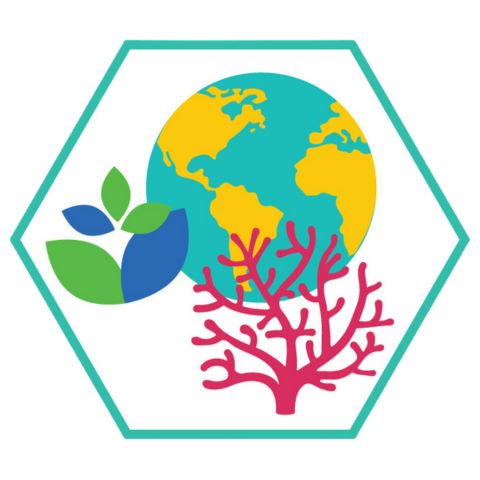
Biochemists face the climate challenge
Everyone knows coral bleaching occurs when seawater gets hot. Biochemists ask: How?
Corals die when their photosynthetic algal symbionts experience heat stress and exude hydrogen peroxide, causing coral tissue to expel the algae. Thus, coral bleaching is a biochemical process that we can understand and engage with, imagining new solutions to climate changes that degrade our planet.
Submit an abstract
Abstract submission begins Sept. 14. If you submit by Oct. 12, you'll get a decision by Nov. 1. The regular submission deadline is Nov. 30. See the categories.
The Centers for Disease Control and Prevention have long embraced “One Health,” the concept that a healthy planet is required for human health. Recently, the National Institutes of Health launched their Climate Change and Health Initiative. Biochemistry is central to preserving the natural world and developing fully renewable building materials, novel foods and health care solutions.
This session will explore how the living world experiences changes in temperature, pH, salt, nutrients, desiccation and other conditions. The speakers will illuminate the cell and molecular mechanisms underlying coral symbiosis, thermal adaptations of marine organisms, temperature-dependent mutagenesis and transposition in the fungal pathogen Cryptococcus neoformans, and the endocrine underpinnings of environmental influences on human health. This session is for the next generation of biochemists who will meet the climate challenge.
Keywords: One Health, thermal adaptation, symbiosis.
Who should attend: The next generation of biochemists who will save the planet.
Theme song: “Imagine” by John Lennon
This session is powered by the courage to face humanity’s greatest challenge.

Biochemistry and climate change
Asiya Gusa, Duke University
James A. DeMayo, University of Colorado–Denver
Yixian Zheng, Carnegie Institution for Science
Teresa Horton, Northwestern University
Enjoy reading ASBMB Today?
Become a member to receive the print edition four times a year and the digital edition monthly.
Learn moreGet the latest from ASBMB Today
Enter your email address, and we’ll send you a weekly email with recent articles, interviews and more.
Latest in Science
Science highlights or most popular articles

Avoiding common figure errors in manuscript submissions
The three figure issues most often flagged during JBC’s data integrity review are background signal errors, image reuse and undeclared splicing errors. Learn how to avoid these and prevent mistakes that could impede publication.

Ragweed compound thwarts aggressive bladder and breast cancers
Scientists from the University of Michigan reveal the mechanism of action of ambrosin, a compound from ragweed, selectively attacks advanced bladder and breast cancer cells in cell-based models, highlighting its potential to treat advanced tumors.

Lipid-lowering therapies could help treat IBD
Genetic evidence shows that drugs that reduce cholesterol or triglyceride levels can either raise or lower inflammatory bowel disease risk by altering gut microbes and immune signaling.

Key regulator of cholesterol protects against Alzheimer’s disease
A new study identifies oxysterol-binding protein-related protein 6 as a central controller of brain cholesterol balance, with protective effects against Alzheimer’s-related neurodegeneration.

From humble beginnings to unlocking lysosomal secrets
Monther Abu–Remaileh will receive the ASBMB’s 2026 Walter A. Shaw Young Investigator Award in Lipid Research at the ASBMB Annual Meeting, March 7-10 in Washington, D.C.

Chemistry meets biology to thwart parasites
Margaret Phillips will receive the Alice and C. C. Wang Award in Molecular Parasitology at the ASBMB Annual Meeting, March 7-10 in Washington, D.C.


